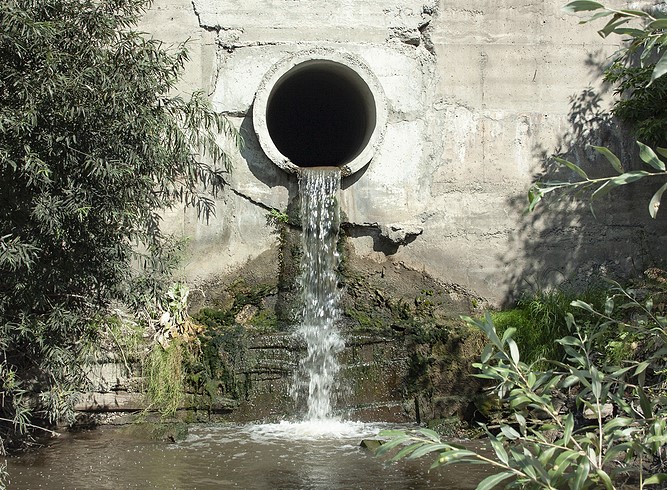News
No Public Funds For Water Firms ‘Unless Sewage Spills Stop’
A Liberal Democrat-requested amendment to the UK infrastructure bank bill has just been accepted by the government, which means that public taxpayer funds may not be invested in water companies if they don’t put appropriate measures in place to prevent sewage discharges from taking place.
The UK Infrastructure Bank has been designed to help the government achieve its net zero carbon emissions by 2050, with the original plans allowing it to provide cheap finance to suppliers that wanted to make infrastructure improvements, the Guardian reports.
The state-owned development bank will have £12 billion of startup capital, made up of £5 billion in equity from the Treasury and £7 billion of debt.
This new change, however, means that tax receipts will only be used to fund water companies if they’re able to produce evidence of a costed and timed plan for bringing sewage spills to an end.
MP for Tiverton and Honiton Richard Foord tabled the amendment, saying: “This is a victory for millions of people across the country who have voiced their outrage at water companies being allowed to get away with polluting rivers and coastlines.
“My amendment ensures water companies won’t receive a blank cheque with taxpayers’ money whilst they pollute our rivers and damage local wildlife. It would have been scandalous for taxpayers’ money to be thrown at firms who pay their execs multimillion pound bonuses, all whilst destroying our environment.”
Other measures already in place to help bring a halt to sewage discharge and help improve the quality of rivers, lakes and streams across England include heftier civil penalties for those suppliers found to be polluting the environment in this way.
In September last year, it was announced by then-climate secretary Ranil Jayawardena that the limit for civil penalties would rise from £250,000 to up to £250 million in a bid to deter companies from causing environmental damage.
Although criminal prosecutions can be pursued by the Environment Agency if suppliers fail to uphold the law, criminal cases can be lengthy and expensive (although court-mandated fines are unlimited). Civil prosecutions, meanwhile, can be a quicker way to enforce the law, imposed directly by the Environment Agency without having to go through the courts.
The Storm Overflows Taskforce was also set up back in August 2020, with the aim being to help prevent storm overflows around England.
A recent evidence report from the organisation found that over a third of the general public ranked sewage pollution as a top three environmental issue, with 70 per cent keen to see remedial action focus on river ecology, rather than aesthetics or to support safe swimming.
It was also found that if no action is taken where storm overflows are concerned, it’s estimated that up to 83 additional waterways could fail to achieve good ecological status by 2050, a rise of 13 per cent from the current baseline.
Wondering why water efficiency is important? Get in touch with H2o Building Services today to find out more.
